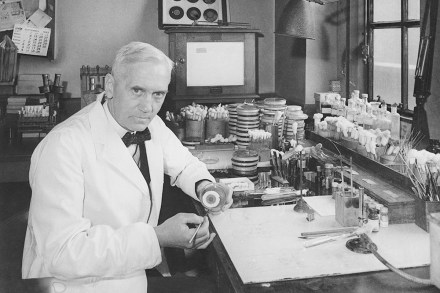How Charles III became the richest monarch in modern history
More from BooksValentine Low is an old-school royal journalist; less muckraking reporter, more Establishment eye (the Times for 15 years) across our nation’s oldest institution. It is his disarming charm (I’ve had the pleasure of televised royal parley with him) that has guaranteed him access to the great and occasionally ghastly in the higher echelons of British






























